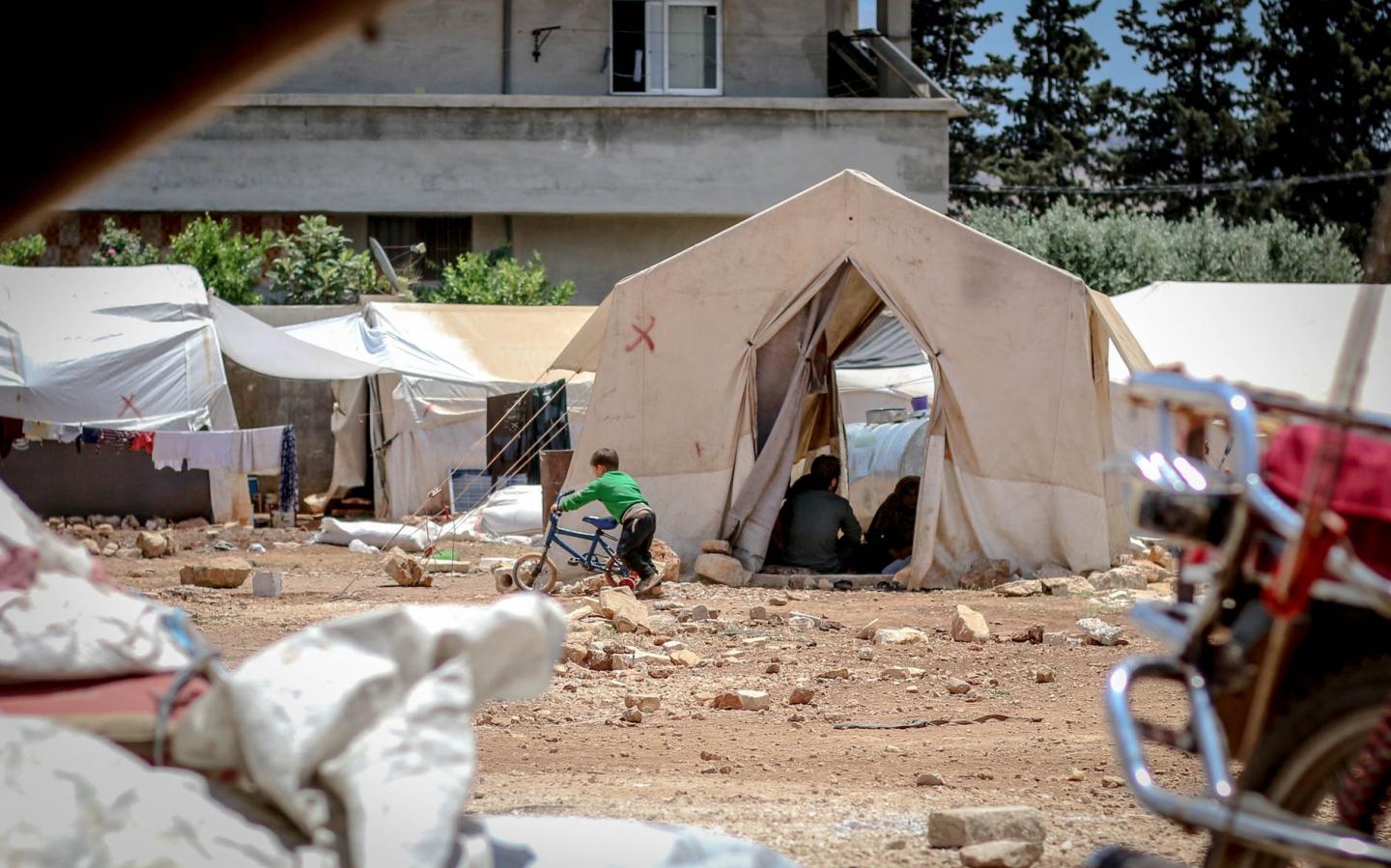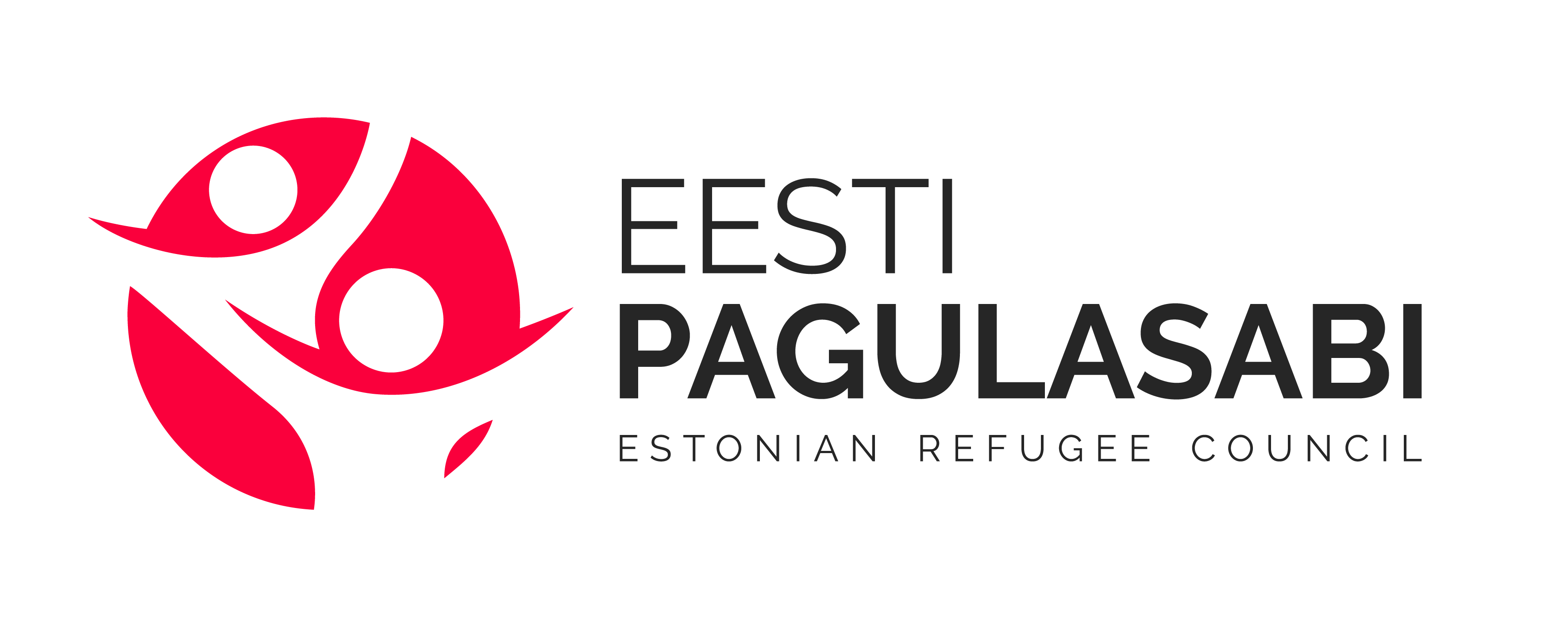
Refugees in self-isolation: coronavirus has the worst impact on people who have previously struggled with mental health
Most Estonian citizens have felt helplessness, uncertainty and loneliness due to the coronavirus pandemic. Refugees are feeling similar way daily and in today’s global crisis, those feelings have multiplied. Estonian Refugee Council recently presented a leaflet, with information around mental health issues - how to identify the problems and how to help yourself and others at this difficult time.
Estonian Refugee Council’s welcoming programme coordinator Laura Ombler explained: “The main difference between a refugee and an immigrant is that regardless how much refugees are struggling in their new environment or miss their home, they do not have the opportunity to go back. They have to thrive without any help or daily encouragement from their loved ones, which is why many may feel stuck without a way out: they must try to adapt to the Estonian culture and learn to communicate as a local”. She adds, that not precisely knowing the rights, duties and opportunities in their new home country is a striking factor for increasing stress, making it more difficult to create a plan for life.
Sibel Yildirim from Turkey, who a year and a half ago sought asylum in Estonia due to political persecutios in her homeland, says that living in self-isolation has been tough. It is hard to stay happy, since communicating with others is complicated due to the restrictions.
“I am a quiet person, but I really like Estonia, besides the people here are lovely. But if I am unable to talk to others, I feel lonely and think about going back to Turkey. However, if people do come to visit or agree to meet somewhere else – overall, if I can just meet up with someone, I feel much better”. Yildirim hopes that the pandemic will be over soon, especially as dialogues with locals are essential for intergration. “I believe this to be the only way how to find happiness here,” Yildirim states. Her husband, Celal Ylidirim agrees and adds, that when the contact with others is disrupted, the longing for relatives and previous home in Turkey increases.
According to the World Health Organisation (WHO), every fourth person experiences some type of mental health difficulty in their lifetime. This can be influenced by problems within family or workplace, unemployment, divorce, loss of a loved one, sickness or by other big change in person’s life.
‘’Generally, being a refugee has a large impact on individual’s mental health, as they have experienced more extreme situations to the norm. They have been forced to leave their homes, leave their life as they have known it, have had to escape from war or persecution. In addition, many refugees in Estonia used to work in catering or tourism sector and have now lost their jobs due to the pandemic,’’ said Ombler.
What can I do?
Knowingly, if we are having trouble with physical issues, then sooner or later we look for help: take medicine for headache, put a bandage on a wound and turn to a doctor when we have broken a bone. Unfortunately, it is not that simple with mental health. The issues are not visible to the eye and therefore, it is hard for a bystander to know how things really are with others mental health. Thus, the topic is quite well hidden, perhaps even shameful and ignored.
Some people may have experienced the increased level of stress, whilst being in a foreign country for a longer period: common manners and traditions, general daily life can be approached differently to what we are used to, causing distress. Sooner or later homesickness is likely to develop, making you long for an environment where you can feel confident and comfortable with your way of life.
Ombler said that mental wellbeing can be achieved by mutual support and care between people. Therefore, it is very important to notice each other, especially at the times of the pandemic. We should make sure to see the ones in weaker position reaching out for help and protection from us. Main signs and how you can support your mental health can be found here.
‘The one who shares their time, cares and notices others, will always get something in return: for example, the fulfilment from new experiences or new acquaintances,’’ said Ombler and encouraged people to come and volunteer.
‘’For example, by volunteering as language buddy in Estonian Refugee Council, you can help refugees practice their Estonian. Particularly at this time, where unnecessary contacts should be avoided, and refugees lack the opportunity to talk to native Estonians’’.
